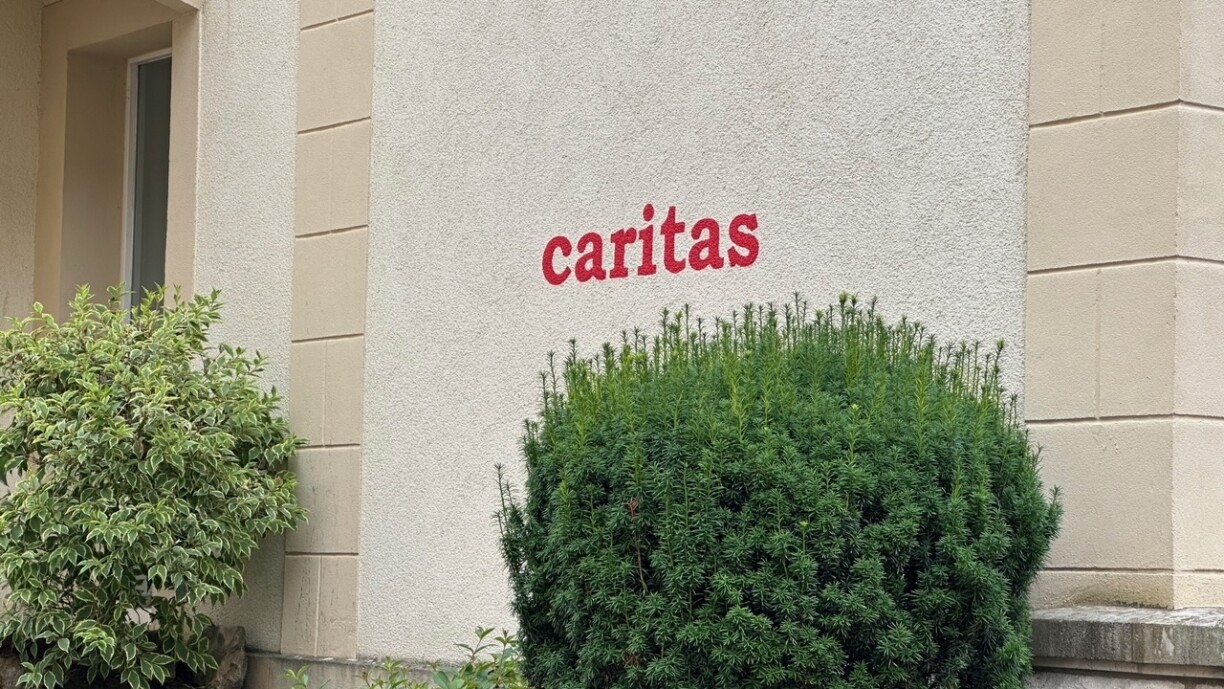
After news of the Caritas embezzlement scandal broke, investigations were not only launched into the charity itself, but also into the banks that permitted the €60 million fraud to take place. Above all, it is questioned how new credit lines for the staggering amount were sent to foreign accounts in such a short period of time, despite reserves.
Jerry Grbic, director of the ABBL banking association, said the client’s profile played a role in the transfer limit, with significant risks arising if the perpetrators are familiar with the inner workings of the charity and the bank’s requirements.
It is more difficult with new lines of credit, as in these cases it is not sufficient for a bank employee to agree. To establish a new credit line, analysts and managers are required, and in some cases a whole committee is needed to gain approval and bear responsibility for the credit.
Grbic noted: “That means in my eyes – without encouraging further speculation – very professional thieves must have handled this case and they would have had to know exactly what documents they needed to deliver. Now, he continued, it is vital that Caritas may assure that its activities can resume in order to help society’s most vulnerable.
The ABBL director concluded by saying that the whole case was once again proof that bank staff and business staff alike must be made aware of potential risks and further educated to prevent these financial crimes from occurring.
Read also:Caritas has allegedly been the victim of ‘executive phishing’